McKeown Medical
167 Bath Street, Glasgow, G2 4SQ
Date posted — 24.04.25
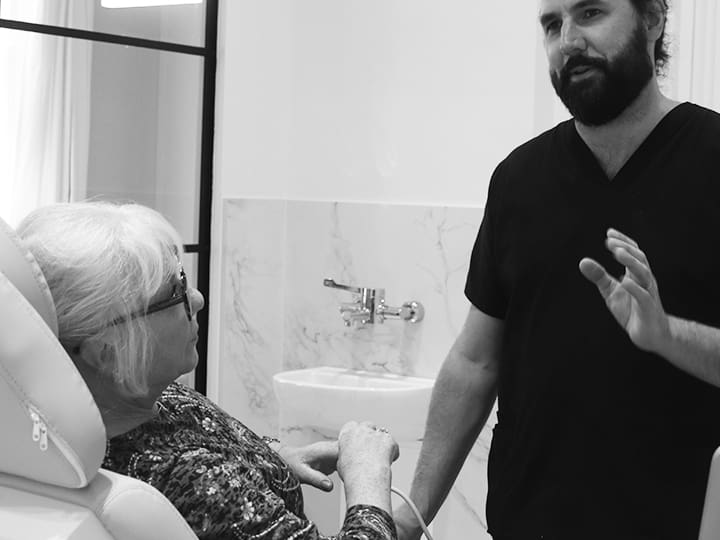
If you’ve ever noticed bulging, twisted veins on your legs – or felt aching or heaviness after standing for long periods – you might be wondering if you have varicose veins. This common condition affects up to 20% of people, yet many suffer in silence due to a lack of information or access to expert advice.
At McKeown Medical, we believe that understanding your body is the first step to taking care of it. In this article, we’re answering some of the most frequently asked questions about varicose veins, including how they develop, whether they’re dangerous, and the treatment options available.
Varicose veins are enlarged, swollen veins that typically appear on the legs and feet. They happen when the valves inside the veins stop working properly, causing blood to pool and the veins to bulge outward. This is due to increased pressure in the veins over time.
Anyone can develop varicose veins, but they’re more common in women, people over 50, those who are overweight, or individuals who stand for long periods – people like hairdressers or nurses who are on their feet all day at work.
Varicose veins are usually raised, twisted, and dark blue or purple in colour. They may be accompanied by symptoms like aching, heaviness, or swelling in the legs. Thread veins (also called spider veins), on the other hand, are much smaller, finer veins that appear just beneath the surface of the skin, often in a red, blue, or purple web-like pattern. Very often, both conditions co-exist, and sometimes you need a combination of treatments to get the best results.
If you’re unsure which type you have, a professional consultation can help clarify and guide you toward the most suitable treatment.
The main differences lie in their size, depth, and associated symptoms.
For some people, varicose veins can be painless. But for others, they can cause aching, throbbing, burning, or a heavy feeling in the legs, especially after standing for long periods. You might also notice cramping or itching around the vein area. If you’re experiencing discomfort, it’s worth discussing it with a medical professional.
Yes, heredity plays a strong role. If one or both of your parents had varicose veins, your chances of developing them are significantly higher. Other risk factors include pregnancy, hormonal changes, and prolonged standing or sitting.
While they’re often dismissed as a cosmetic issue, varicose veins can lead to serious complications if left untreated. These include:
It’s always better to address them early before complications develop.
Yes—although it’s not common, untreated varicose veins can occasionally rupture due to the pressure buildup. This can lead to sudden bleeding under the skin or even through the skin, especially if the vein is close to the surface.
Unfortunately, no. Varicose veins won’t disappear without intervention. While lifestyle changes like elevating your legs, wearing compression stockings, or maintaining a healthy weight can help ease symptoms, they won’t eliminate the diseased veins themselves. If left untreated, the condition usually worsens over time.
Varicose veins can usually be effectively treated using minimally invasive treatments. At McKeown Medical, we offer a wide range of options, including:
A consultation with our expert vascular surgeon will help determine which option best suits your condition and lifestyle.
Varicose veins are more than just a cosmetic issue—they can impact your comfort, confidence, and long-term health. At McKeown Medical, our expert team is here to guide you through your options and provide the care you deserve.
If you’re struggling with varicose veins, we’re here to help. Book a consultation today to explore the right treatment for you.
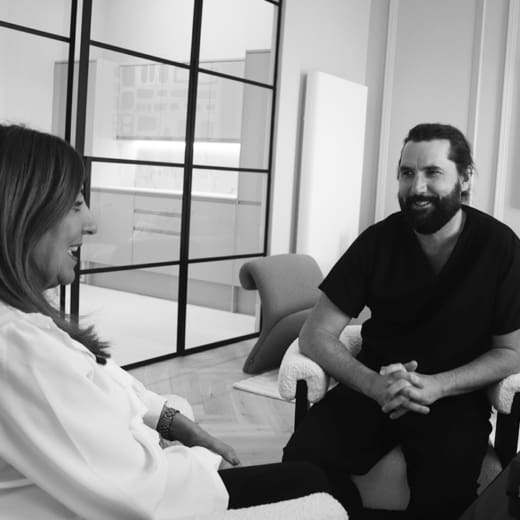
Dr Alex Vesey discusses whether varicose veins can cause high blood pressure.
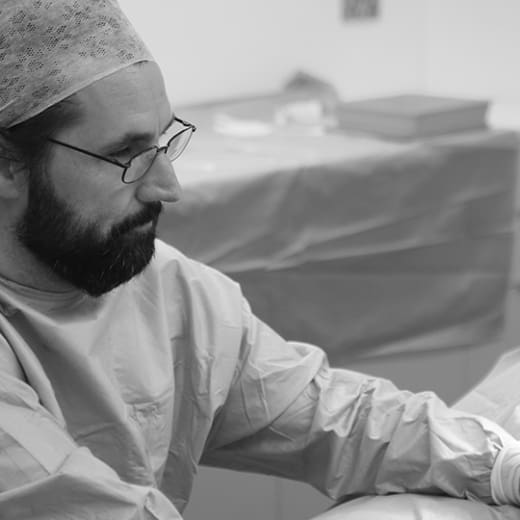
Dr Alex Vesey discusses whether varicose veins can come back after treatment.
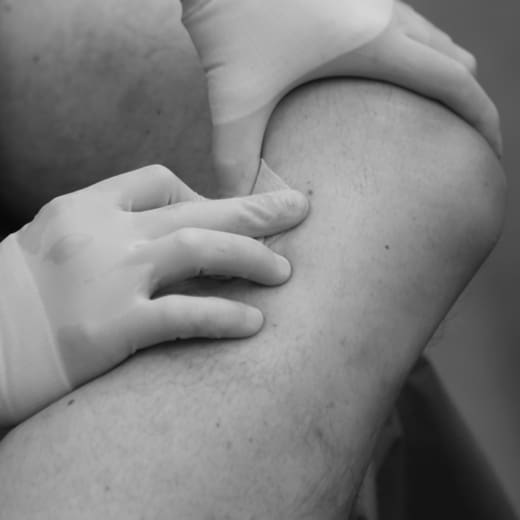
Dr Alex Vesey discusses whether varicose veins are dangerous.
1 / 3
2 / 3
3 / 3

Dr Alex Vesey discusses whether varicose veins can cause high blood pressure.

Dr Alex Vesey discusses whether varicose veins can come back after treatment.

Dr Alex Vesey discusses whether varicose veins are dangerous.
Thank you to Dr Alex and all of the team! From my ultrasound scan to my treatment, I felt completely looked after and at ease all the way through. The procedure was easy and I was able to walk home! Thanks to everyone.
Gary - A McKeown Medical patientOctober 2024
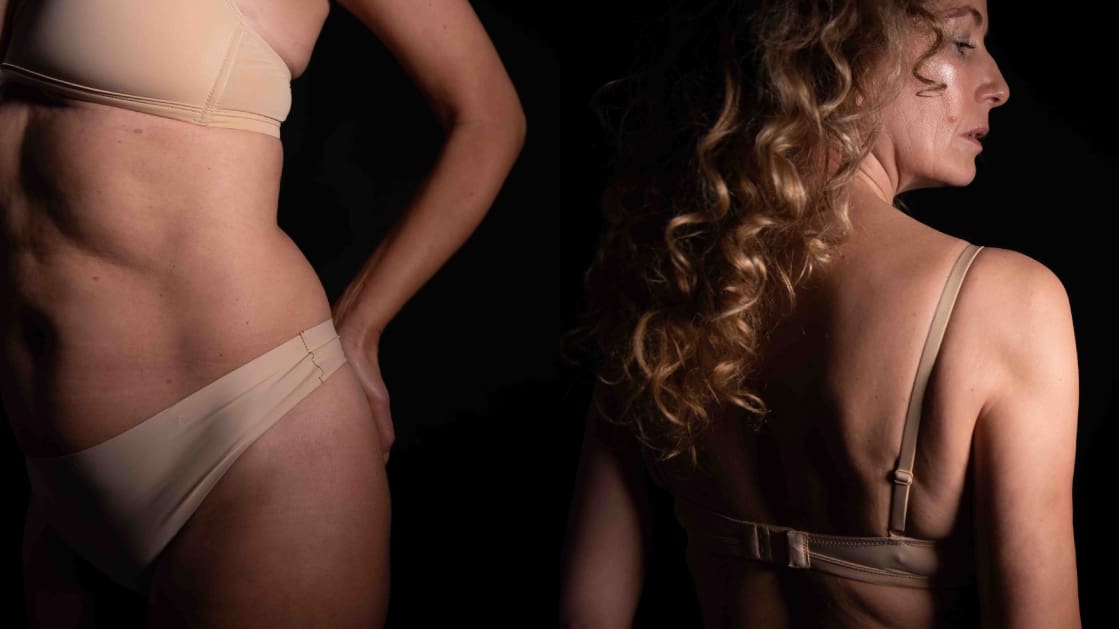
We are well and truly into filler season now with all of our patients planning ahead for weddings and summer holidays.
This is one of our patients who wanted to treat her jowls and facial sagging, but didn’t want surgery so we opted for our signature non-surgical volumetric facelift using filler injections only. This is her a couple of weeks later looking, and feeling, fabulous.
What do you think?

In case you missed it, here’s Dr Rhona and Dr Iain’s live Q&A discussing everything to do with periods and heavy menstrual bleeding.
Thanks to everyone who joined and asked questions. We’ll be doing more of these so keep an eye out for the next one!
And if you’d like to know more about the treatments we can offer for heavy menstrual bleeding, check out the link in our bio!

Thank you to our incredible patient for allowing us to share these pictures with you.
This patient has been with me for years but the thing we have always struggled with has been the texture of the skin around the mouth and lower face which has had a lot of sun over the years.
We’d tried less invasive options but ultimately when the skin changes get to this level the only thing that makes a dramatic improvement is full field resurfacing.
There is literally no other treatment capable of undoing sun damage like this. The patient is only a few weeks post-op and still a bit red so she is wearing make up to hide the redness, but already obsessed by the texture of her new skin.
What do you think?
If you`d like to know if you`d benefit from this treatment send us a DM with some pictures or visit the link in our profile for more information on full laser resurfacing.

We`re going live on Wednesday at 7PM! Join Dr Rhona and Dr Iain (@driainmartin) on Instagram live, where they`ll be discussing everything about periods and heavy menstrual bleeding including:
What is “normal” when it comes to menstruation
Heavy periods - what is a heavy period and what might be causing it
Myths vs facts - getting the right information and the right treatment for period problems
They`ll also be answering your questions live, so if there`s anything you`d like to ask, leave a comment or head to our stories. We hope you can join us!

Since we are now in full swing filler season, I’m very grateful to this patient for allowing us to share her pictures to demonstrate how much lift we can achieve just using filler.
Discover more about our method at the link in our bio.

Summer is almost here! If you’re putting off wearing your favourite summer dresses and shorts because of varicose veins, now is the time to think about treatment.
Varicose veins aren’t just a cosmetic concern - they can ache and throb, as well as make us feel self-conscious, especially as the warmer weather approaches.
With so many treatments available, it can be difficult to know where to start. Here’s our lovely Dr Alex with a quick overview of how we can help reduce discomfort, improve appearance and boost your confidence in time for summer.
If you, or someone you know, have been thinking about treatment, now is a great time to explore your options with plenty of time to feel the benefits before summer - check the link in our bio for more details.

Now that spring has finally sprung we are very much in peak time for filler treatments in the clinic.
So many patients would benefit from filler, but are scared of them because of the horror stories so I wanted to share a few examples this week of what filler looks like - in the correct hands!
Here are some examples of the natural looks we achieve with the McKeown Method.
Discover more about our method at the link in our bio.

What a difference a week is! This is one of our patients just a week out from her deep plane face and neck lift by the ever so talented @bramhallplasticsurgery.
The deep plane technique is the most technically challenging facelift to perform and Russell remains the only surgeon in Scotland performing this procedure, which involves going much deeper into the face to reposition the tissues rather than just pull them tight.
The outcome is a much more effective rejuvenation, even in unflattering poses when your head is bent forward, and a result that lasts much longer than a traditional facelift.
What do you think?

Thank you so much to our wonderful patient for allowing us to share her before and after pictures. She’s around 6 weeks after full field resurfacing.
One of the great things about this treatment is that, in addition to wiping wrinkles away, it also gives some pretty impressive skin tightening too. If you look at her forehead, upper and lower eyelids you can really see how much tighter the skin is.
The stubborn forehead lines and lines through the eyebrows have gone and, of course, the lines around the mouth are significantly reduced. These will continue to improve for up to six months as the skin continues to heal. She’s still a little pink, which will fade over the next few months, but with a little tinted moisturiser you’d never know. The patient is over the moon.
What do you think?
We can now offer full laser resurfacing with sedation and you can see more about the procedure in the link in our profile.
